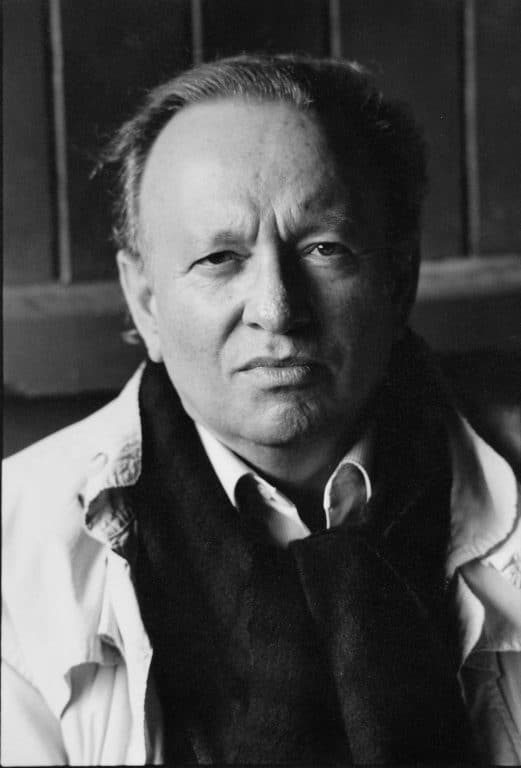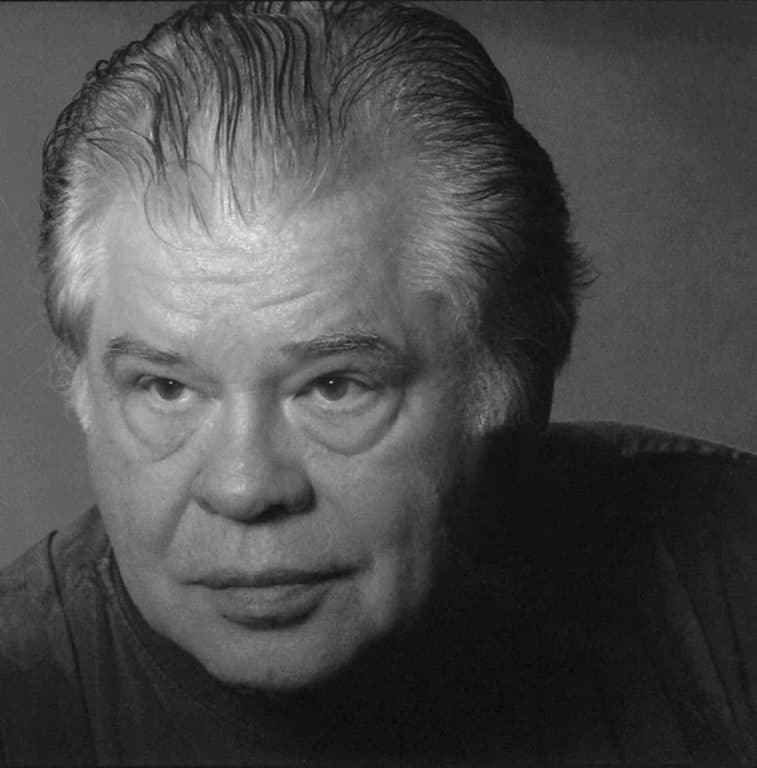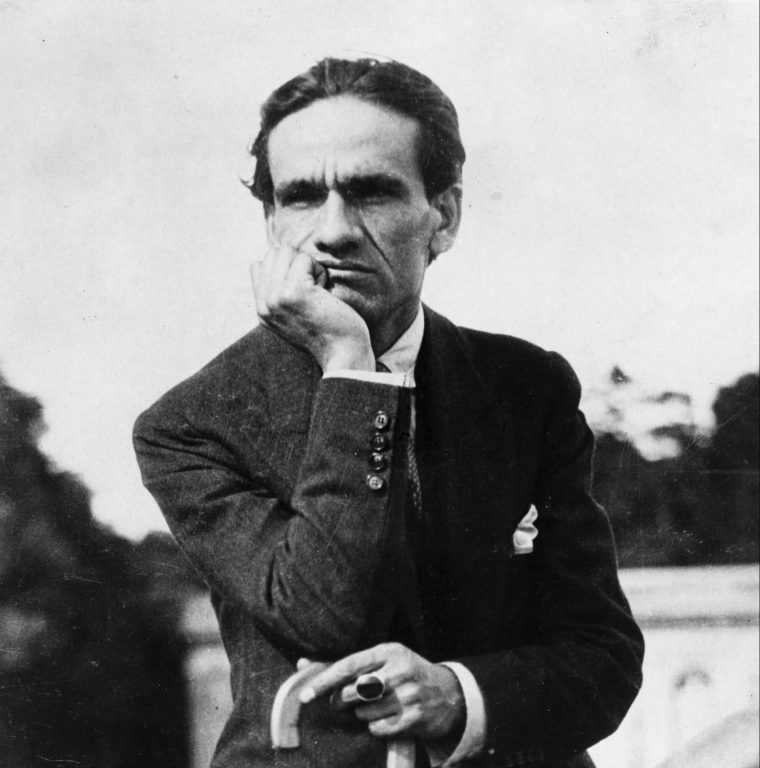Does a poem’s title affect your reaction to the entire poem? Of course it does, for good, for bad, for otherwise. We examined this very idea quite recently with respect to Louise Glück’s “Fatigue”. Let’s revisit Jane Munro’s “Valley of the Moon” from her 2015 Griffin Poetry Prize winning collection “Blue Sonoma” with this…
Does a poem’s title affect your reaction to the entire poem? Of course it does, for good, for bad, for otherwise. We examined this very idea quite recently with respect to Louise Glück’s “Fatigue”. Let’s revisit Jane Munro’s “Valley of the Moon” from her 2015 Griffin Poetry Prize winning collection “Blue Sonoma” with this same thought in mind.
In September 2015, the world was riveted by the rare occurrence of a supermoon total eclipse. The enduring mystique of all things lunar has fascinated humanity since time immemorial, not just from a scientific perspective, but in emotional, spiritual and many other forms. Because the moon’s beautiful presence is a constant and as such often a comfort, is it any wonder that this reader imagined the achingly wistful story of this poem bathed in a soothing light on the basis of the title?
As mentioned previously in another Poem of the Week selection from this collection, Munro has revealed that she wrote the poems comprising “Blue Sonoma” while her husband was suffering from and died of Alzheimer’s disease. “As the life closest to me was being erased frame by frame, dementia became a metaphor for me,” she said moments after accepting the Griffin Poetry Prize. Just as Sora could no longer journey with Bash?, the narrator of this poem can no longer travel with her partner in the next stage of his journey.
“In the moment of leaving,
when words set sail from paper …”
did the narrator perhaps derive some solace from gentle moonglow, a softer rendition of the colour of the paper she conjures here?




